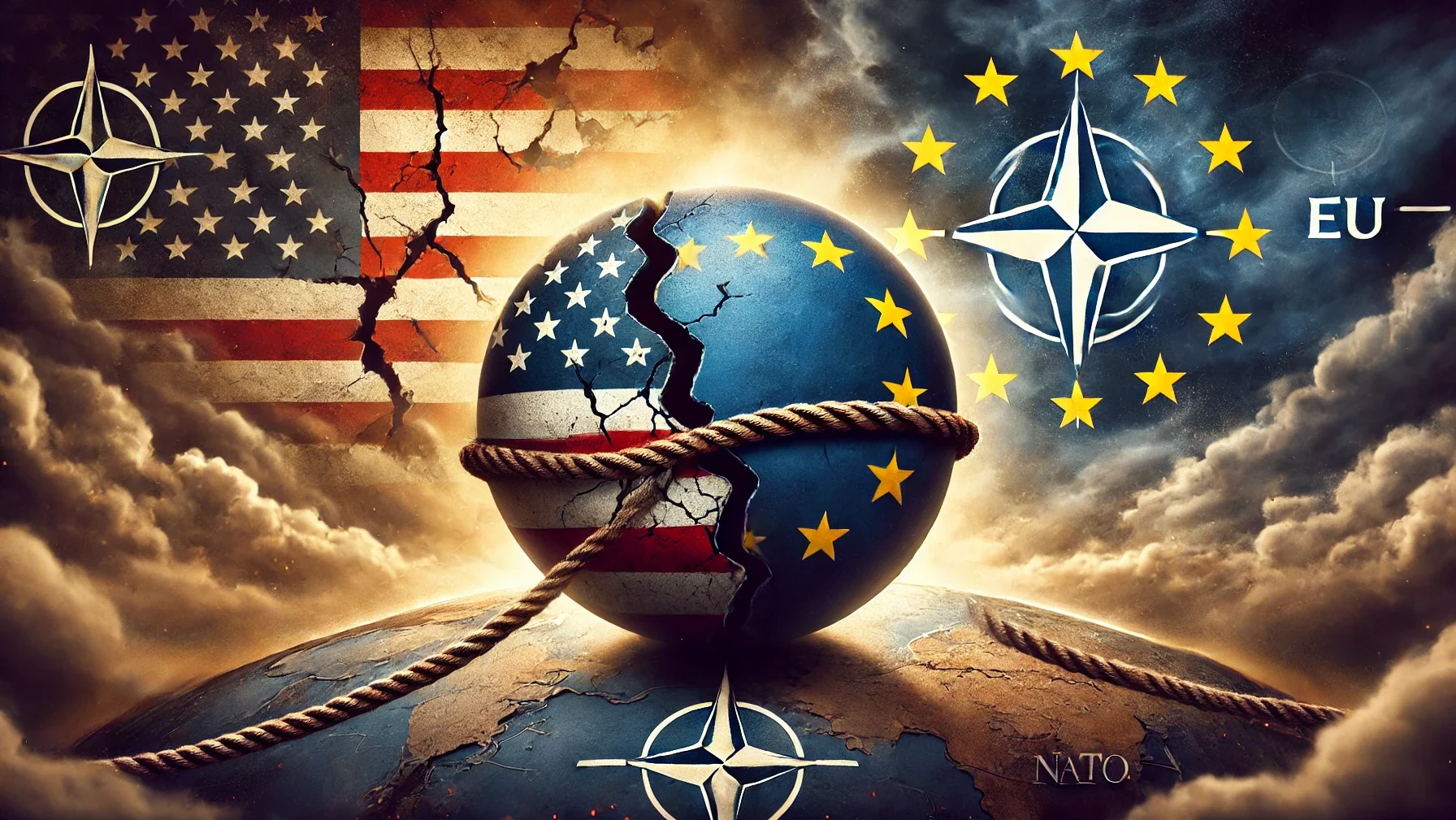US-European Relations Under Trump: A Growing Transatlantic Divide
Al Qabas, Kuwait, December 7
The forthcoming four years of Trump’s presidency promise to be crucial for the dynamics of US-European relations and the broader future of the European Union. This isn’t merely speculative; it stems from the realities observed during Trump’s first term in the White House and the overarching directions of his foreign policy. Integral to this is the multitude of variables and challenges currently facing the United States and Europe. Since 2010, American interest in Europe has generally waned, largely due to a rising focus on Asia, especially China—a trend acutely recognized by European nations. When Trump assumed office in 2017, his unilateral approach further distanced Europe from Washington. Biden later sought to mend these relations by reinforcing alliances, particularly as the conflict in Ukraine bolstered solidarity between the Atlantic partners, with Washington leading the European charge against Russian aggression. Nevertheless, even amid Western unity against Russia under US leadership, Europe has charted a course focused on bolstering its own military and defense capabilities. There’s a growing determination to achieve defense autonomy, allowing Europe to protect itself from external threats independently or without the umbrella of American support and NATO, should circumstances necessitate it. This determination is rooted in a steadfast European belief that it is unsustainable to rely indefinitely on Washington for security. Despite Biden’s administration vigorously confronting Russia, including substantial financial and military aid to Ukraine, apprehensions persist. The Europeans interpreted Biden’s immediate declaration that the US would not intervene militarily in Ukraine as a worrying indication of Europe’s diminished priority for the US. Furthermore, the increase in US military presence in the Indo-Pacific and preparations for potential military action against a Chinese incursion into Taiwan have not gone unnoticed by European observers. Europe, particularly its key nations, is profoundly unsettled by the prospect of Trump’s return and is strategizing on how to navigate this challenge. Should Trump assume office again, US-European relations face potential deterioration not seen before. Although Trump does not inherently oppose Europe, his administration’s challenges and priorities markedly diverge. Foremost among these is the revitalization of the American economy, a pursuit that may lead Trump to impose higher tariffs on even allied nations and reduce financial and military aid, including contributions to NATO, the primary entity safeguarding Europe. Trump’s ambition to realign American industries will extend the trade conflict beyond China, implicating all global partners. Addressing the challenge posed by China, noted explicitly by Trump post-victory, suggests an almost exclusive focus at the expense of Europe, particularly as tensions with China escalate dramatically. Additionally, Trump’s strategy to resolve the Ukrainian war, currently in development, threatens to shift the balance of power in Russia’s favor, reshaping transatlantic relations. In essence, Trump’s tenure is likely to significantly widen the transatlantic divide, bringing about several consequences for Europe. A pronounced fracture within the European Union could accelerate its disintegration over the next two decades, considering that Washington has historically been a major supporter of its formation and continuation. This division would manifest in sharp disagreements among European nations regarding key policies, especially those involving relations with China and Russia. For instance, some Eastern European countries, such as Hungary, might pivot towards strengthening ties with Moscow, while France could seek to enhance its economic relationship with China to secure its interests. Additionally, Europe may witness an intensified rise of far-right movements, which could further complicate the continent’s political landscape. There might also be significant challenges in advancing European defense capabilities, with each country, particularly Germany and France, focusing on enhancing its military strength individually. This trend could lead to growing tensions between Europe and NATO, as collective security efforts become more fragmented. —Noura Saleh Almujeem (translated by Asaf Zilberfarb)
Give the gift of hope
We practice what we preach:
accurate, fearless journalism. But we can't do it alone.
- On the ground in Gaza, Syria, Israel, Egypt, Pakistan, and more
- Our program trained more than 100 journalists
- Calling out fake news and reporting real facts
- On the ground in Gaza, Syria, Israel, Egypt, Pakistan, and more
- Our program trained more than 100 journalists
- Calling out fake news and reporting real facts



